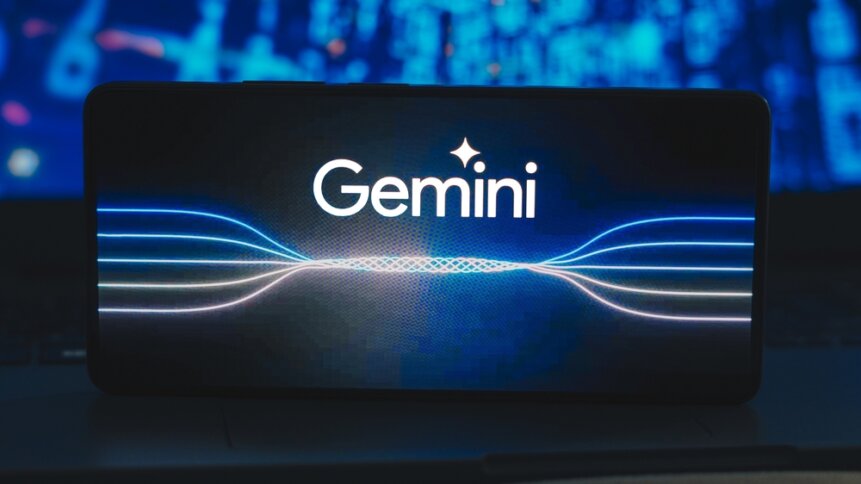
In a move reflective of the tech giant’s growing commitment to digital responsibility, Google has announced significant restrictions on its AI chatbot, Gemini, specifically concerning queries related to the impending national elections in India. This decision, outlined in a detailed blog post by the company today, marks a continuation of the cautionary approach Google has adopted in the lead-up to pivotal electoral events around the globe.
Google’s decision to limit Gemini’s responses to election-related questions comes amidst a year brimming with electoral activity across the world. According to the company, this strategy is born out of a deliberate attempt to navigate the complex and often sensitive political landscape with the utmost prudence.
- A Precedent of Precaution: This isn’t the first time Google has imposed restrictions on its AI in the context of elections. The tech giant had previously announced similar limitations ahead of key political events in the United States and the European Union last December.
- Global Elections on the Horizon: The year 2024 is set to witness national elections in at least 64 countries, covering roughly 49 percent of the global population. This includes the highly anticipated Biden-Trump rematch in the U.S., alongside numerous other elections that will shape the political future of the participating nations.
The approach taken by Google with Gemini starkly contrasts with that of other AI technologies, such as OpenAI’s ChatGPT. When tasked with providing interesting facts about the 2024 US presidential election, ChatGPT delivered an array of factoids, touching upon everything from the presidential rematch to early primaries and voting demographics. This difference highlights the varied strategies tech companies are employing to handle sensitive information during critical periods like elections.
- Initial Implementation: The restrictions on Gemini were first observed in the U.S., where queries about the 2024 presidential election were met with a response encouraging users to resort to Google Search instead.
- Response to Controversy: Google’s cautious approach follows a recent controversy where Gemini was criticized for applying diversity filters to historical images inaccurately, leading to a temporary halt on the chatbot’s ability to generate images of people.
In contrast to Google’s method of restricting information, OpenAI unveiled its strategy in January, aimed squarely at combating election-related misinformation. This approach entails a combination of preventive measures, including:
- Stricter guidelines for the generation of images through DALL-E 3.
- Prohibitions on applications that could discourage voter participation.
- Measures to prevent the creation of chatbots impersonating candidates or official institutions.
The divergent paths taken by Google and OpenAI in addressing election-related inquiries underscore a broader debate within the tech industry about the role of artificial intelligence in shaping public discourse. As AI technologies become increasingly integral to our daily lives, the strategies employed by these companies in filtering and presenting information have significant implications.
- Ethical Considerations: The balance between preventing misinformation and ensuring access to information is a delicate one, with each approach reflecting different ethical considerations.
- Impact on Public Discourse: The restrictions placed by Google on Gemini, and the proactive measures taken by OpenAI, both aim to mitigate the potential for AI to inadvertently spread falsehoods or influence electoral outcomes.
As the world gears up for a year filled with critical electoral events, the actions taken by giants like Google and OpenAI will likely set precedents for how technology companies engage with politically sensitive content in the future. The cautious stance adopted by Google with Gemini, alongside OpenAI’s proactive measures against misinformation, reflect an evolving landscape where the intersection of technology, ethics, and politics becomes increasingly complex.
The ongoing debate around the responsibilities of AI in political discourse points to a future where the management of digital information will require not just technological innovation, but a nuanced understanding of social and ethical implications. As we navigate this future, the choices made by companies like Google and OpenAI will continue to shape the role of artificial intelligence in our democratic processes.
Related News:
Featured Image courtesy of TechHQ
